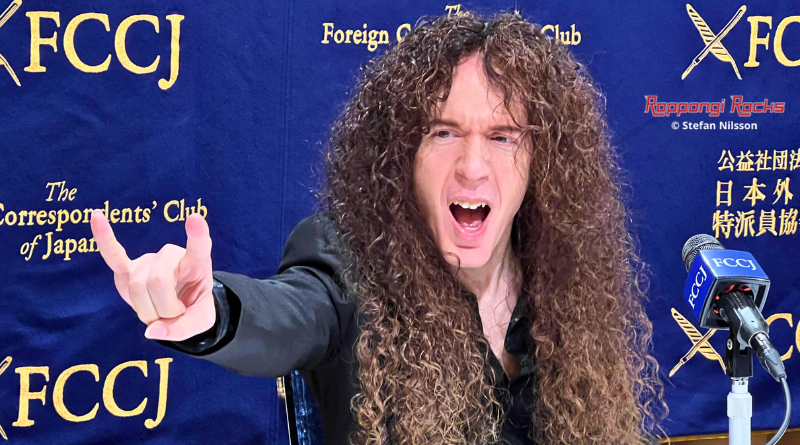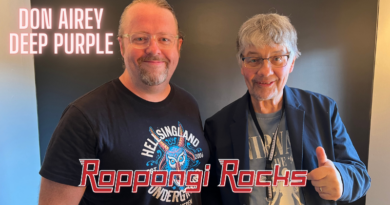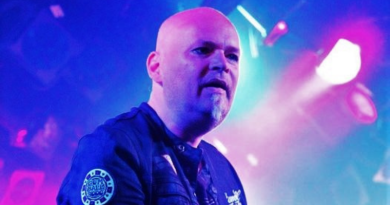Marty Friedman’s journey from heavy metal to Japanese pop
Marty Friedman did a fascinating and rare presentation in English at the Foreign Correspondents’ Club of Japan.
On 25th November, guitar maestro Marty Friedman did a rare presentation in English at the Foreign Correspondents’ Club of Japan in Tokyo. With his autobiography “Dreaming Japanese” about to be released, Marty talked about his life, career and transition from Megadeth lead guitarist to life in Japan. Fred Varcoe, a Japan-based British journo, moderated the session.
This was a rare opportunity to hear Marty talk about his life and career in English. Almost all of his activities here in Japan, his home for over 20 years now, are done in Japanese. Thus, it was a treat to hear him in English for once.
During his talk, he covered many topics from his new book, such as the quirks of being a foreigner in Japan and his desire to contribute rather than “be a burden on Japanese society.” Making the big decision to leave the US for Japan back in 2003 is not something he regrets. “It was definitely the best career move of my life!”
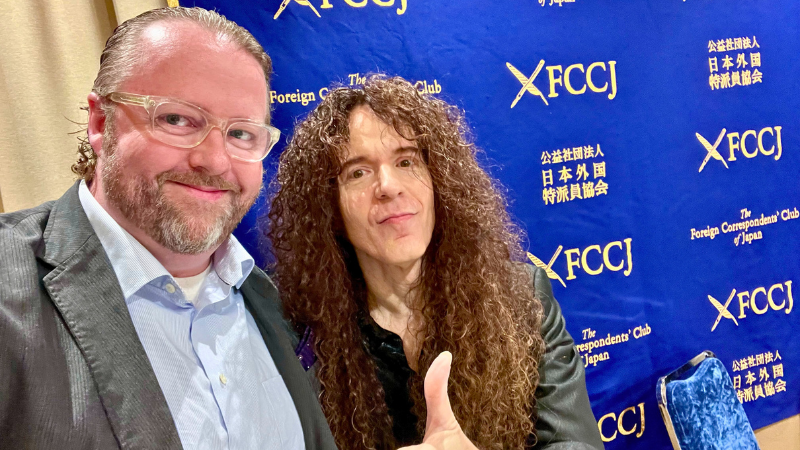
He talked about his recently released solo album “Drama” and the impact his TV work and other non-music projects have had. “So many great things have happened to my music through non-music things.”
Marty always strives to move forward and push boundaries with his genre-bending music, including collaborations with Japanese artists. He fondly remembered when he guested with J-pop legends AKB48 at Budokan. ”This is why I came to Japan, for moments like this.” An audience question about which Japanese rock bands he would recommend for people keen on getting to know Japanese acts, Marty quickly said Maximum the Hormone, Crossfaith and Man with a Mission. He also mentioned X Japan and Babymetal.
In Japan “people listen to domestic Japanese music about 80% of the time.” Marty discussed local music tastes and why he has collaborated with many Japanese artists. He explained that artists such as Babymetal have succeeded overseas, not despite, but because they sing in Japanese. They do not try to change or be more international to fit in. Karaoke, anime and gaming are big drivers for Japanese pop and rock music and he is amazed at “the amount of creativity and work that goes into it.”
He addressed the impression by some overseas artists performing in Japan that Japanese audiences are relatively quiet at concerts. “People in Japan pay a lot for their tickets. They want to hear the goddamn song!”
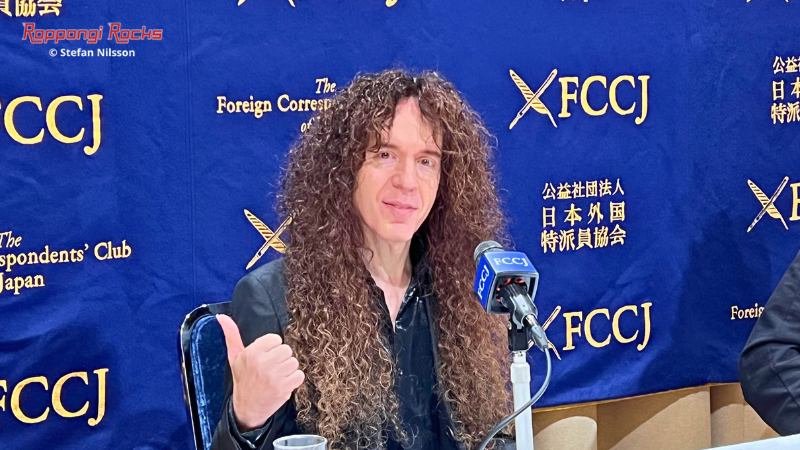
www.facebook.com/martyfriedman.official
https://www.instagram.com/martyfriedman

